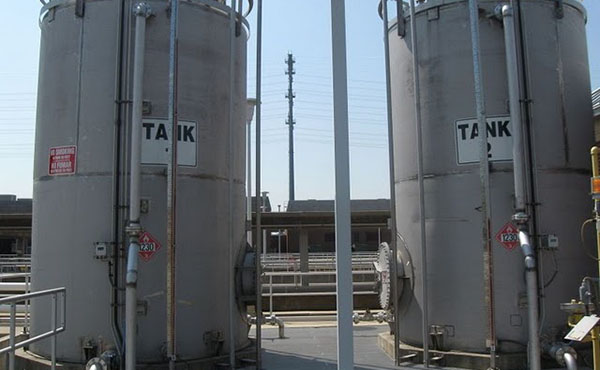

The commercial trucking industry is one of the most viable markets for the development of methanol as a transportation fuel. Industry experts gathered March 18, 2014, at this year’s Methanol Policy Forum, where presenters agreed that methanol has promise but faces some challenging hurdles.
“There’s a lot of choices out there,” said Patrick Davis, director of the Energy Department’s Vehicles Technologies Office, at the meeting “They all are vying for a very limited market.”
One concern Davis pointed out was the current lack of infrastructure to produce and deliver methanol to fueling stations. While other developing transportation fuels, such as liquid and compressed natural gas, are making inroads in infrastructure, methanol has yet to be established as a main player.
Still, amount the current research and development projects, one of the most promising is an engine that runs on a combination of methanol and diesel. It would be ideal for heavy-duty trucks.
 “There are very few barriers right now to introducing the technology. It’s possible that methanol can achieve a longer lasting success,” stated Matt Brusstar, deputy director of the Environmental Protection Agency’s National Vehicle and Fuel Emissions Laboratory.
“There are very few barriers right now to introducing the technology. It’s possible that methanol can achieve a longer lasting success,” stated Matt Brusstar, deputy director of the Environmental Protection Agency’s National Vehicle and Fuel Emissions Laboratory.
Promoters of using methanol, which is produced from natural gas, see it as a way to limit greenhouse-gas emissions, enhance engine performance, diminish dependence on foreign oil and avoid spikes in oil prices that affect consumers in all markets.
“We expect a lot of new plants to be built in the U.S.,” said John Floren, chief executive officer of Methanex Corp, at the forum. Methanex plans to dismantle two of their plants in Chile to relocate them to Louisiana.
The U.S. has increased its natural gas production by 35 percent over the last 10 years, thanks to the new drilling technique known as fracking. However, its use as a transportation fuel may depend on the passage of new legislation to mandate the manufacturing of cars that will run on methanol.
It also needs approval from the EPA, according to John Hofmeister, founder of Citizens for Affordable Energy, who put out a call for increased methanol lobbying at the forum.
“Methanol matters for the same reason that ethanol matters, which is it’s an alternative to oil,” he explained. “It would help if people on the Hill understood the value to the consumer and the importance in the fuel mix.”

